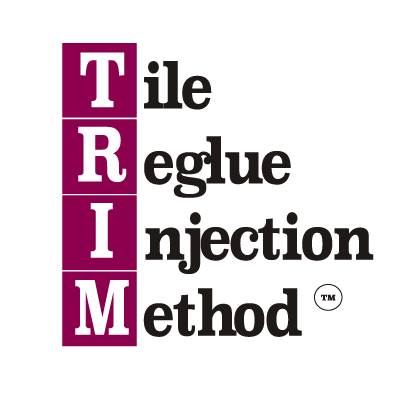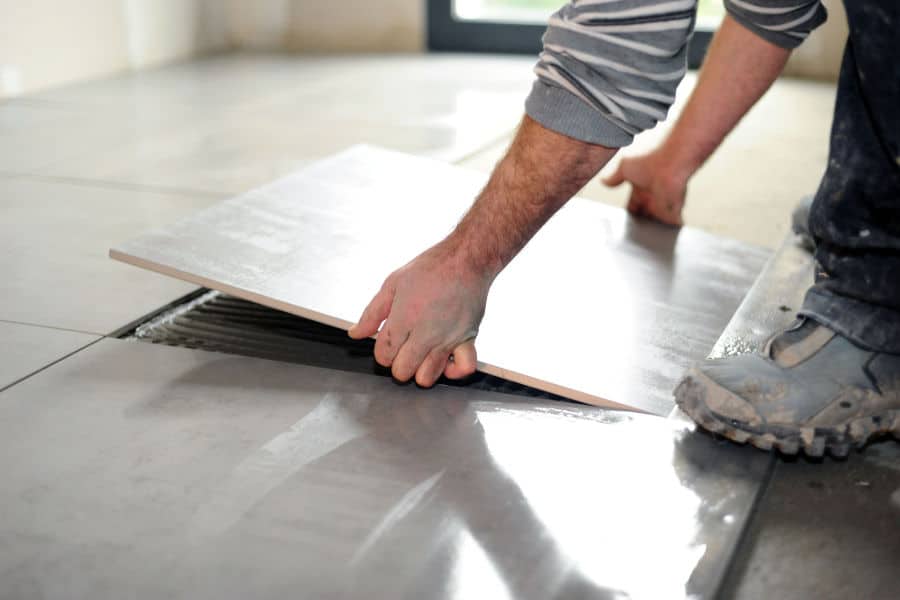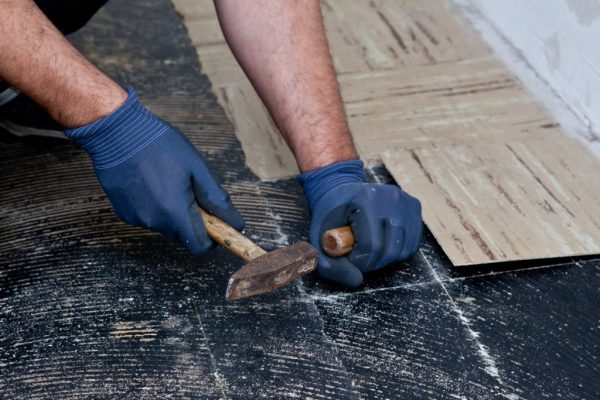If you’re planning on starting a loose tiles business, it would be best to know your target market. You should know if your target is commercial customers, trade, or domestic. Whether this is your first time venturing into a business or not, then the information below will help you start a business around loose tiles in no time.
Venturing To Loose Tiles Business
Researching Your Target Market
When venturing into the loose tiles business, it is essential to know how much demand is available for your business. You should start researching your target market, which usually will include commercial properties, residential landlords, and homeowners. Organisations and businesses can also be part of your target market.
If you are planning to target domestic work, then it would be best to assess the type of housing in your target area. Know whether the houses are small and low cost or large and expensive. It is best to match the range of services and tiles that you are planning to offer to the wants and needs of local customers. You should also think about whether you are ready to travel to other areas to do some loose tile servicing.
Service Organisations and Businesses
Besides working domestically, it would be best to work with organisations and businesses. You can check out hospitals, factories, leisure centres, schools, offices, hotels, restaurants, and pubs. The majority of them would want tiles fitted in kitchens and bathrooms, but others may need more specialised tiles, including non-slip tiles for swimming pool areas.
Know the Costs Involved
You will have to know the costs involved, and usually, the greatest investment will involve the actual retail space. Choose the location that is accessible and one that offers parking for you and the customers who will be visiting your business. The rent and the deposit will depend on your location.
Form A Legal Entity
Once you have decided on your target market, the next thing that you need to do is to form a legal entity. The most common type of business structures is sole proprietorship, partnership, LLC or limited liability company, and corporation. This will help protect you against personal liability if your business gets sued.
Register for Taxes
Before you can open your business, you will be required to register for state and federal taxes. Depending on the structure of the business you choose, there are different options on how your business will be taxed. There are specific taxes per location, and learning about the tax in your area using the tax guides would highly be beneficial.
Business Bank Accounts
Of course, you need to separate your business’ income from your personal money. You can do that by opening a business bank account and credit account, not only to separate your personal money but as well as to protect your personal assets. Remember that when your personal and business accounts are mixed, your assets, including your car, home, and other personal valuables, are at risk if your business gets sued.
Additionally, getting credit accounts for your business will help you obtain financing under your business’ name instead of your name. You will get better credit lines and interest rates.



